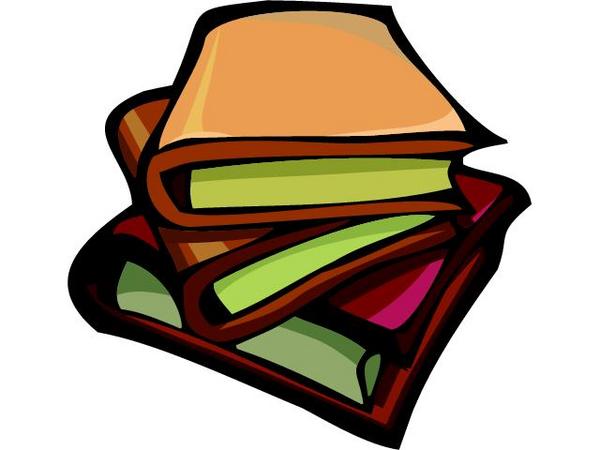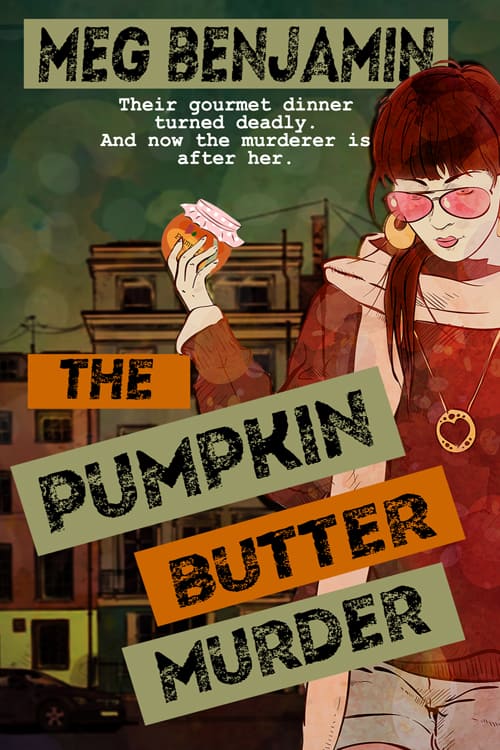Chicago, Chicago, That Toddlin' Tome
 Okay, it’s time to admit the truth. Once, long, long ago in the dim, dusky past, I was a copyeditor. Not only that, I actually taught copyediting. Now you’d think this would help me write, but in fact all it really does is help me punctuate. Any copyeditor can tell you that editing your own stuff is always tough. However, my editing experience did help me determine one thing: the Chicago Manual of Style is both the writer’s equivalent of Holy Writ and a bitch and a half .
Okay, it’s time to admit the truth. Once, long, long ago in the dim, dusky past, I was a copyeditor. Not only that, I actually taught copyediting. Now you’d think this would help me write, but in fact all it really does is help me punctuate. Any copyeditor can tell you that editing your own stuff is always tough. However, my editing experience did help me determine one thing: the Chicago Manual of Style is both the writer’s equivalent of Holy Writ and a bitch and a half .
There are a lot of style manuals out there. Some, like Strunk and White, have only limited usefulness (and if you don’t believe me, check out their entry on flammable, which, trust me, ceased to be accurate somewhere around 1960). Some, like the AP Style Guide, are useful in particular circumstances, in this case if you’re writing for a newspaper. But the Chicago is one of those books that’s in a class by itself—it covers everything. Want to know how to deal with transliterated Arabic? The Chicago will tell you. Want to know if you should capitalize centuries? The Chicago knows. Have a copyright question? There’s a chapter on it. This, of course, makes the Chicago invaluable as a reference. So what makes it a bitch and a half? Try finding the answer to any question that isn’t exactly straightforward and you’ll find out.
Suppose you’re trying to figure out how to punctuate the following sentence: Her brother Harry was the chief of police in the town. Should Harry be set off with commas or not? Actually, it depends. If the heroine has more than one brother, then no commas are necessary because the name defines which brother is being spoken of (it’s a restrictive phrase). But if Harry is her only brother, the name would be set off with commas because brother and Harry are identical, and hence Harry is a nonrestrictive phrase (an appositive). The Chicago covers this in two different sections, but only if you happen to know the terms appositive or restrictive phrase. If you don’t, good luck in finding the rule.
To truly use the Chicago, you have to know the terminology used in grammar. If you’re a former English major like me, you might be able to do this (although you also might not—I actually learned a lot of this stuff from the Chicago itself since I was a lit major). If you majored in something else, you may find yourself up the creek. And that leads to the Chicago’s ultimate Catch-22: if you already know the terminology, you probably don’t need to look up the rule. If you know what restrictive and nonrestrictive refer to, chances are you also know how to punctuate them. It’s only the people who don’t know the terminology (and thus don’t know where to look for help) who need to find the information.
Ultimately, this isn’t the most frustrating thing about the Chicago. The real problem is that it’s so inclusive that you always suspect that the answer to your question must be inside somewhere, but you may spend a lot of time trying to find exactly where. And with very technical things like capitalization, you may well find that no specific rule covers the exact situation you’re trying to find. (I should also admit in passing that their usage section is fairly useless, but that’s true for a lot of usage guides.)
Still, I’d advise every writer to have a copy of the Chicago on hand. Yeah, you can go to Google and try to find answers, but you may find a lot of different answers to the same question. If you stick with the Chicago, at least you’ll always be consistent. Of course, you’ll also be frustrated and sometimes a little brain dead, but as we copyeditors can tell you, that’s par for the course. And you’ll always know the answer is in there. Somewhere.
Posted in Blog • Tags: Chicago Manual Of Style, editing, On Writing | 2 Comments







No, this isn’t freaking me out. See. Look how slowly I’m twitching.
This is so not my area. I am not an English major and though I received a very good education pre-college, I’ve burned a lot of braincells since. I can only imagine the horror a copyeditor would find in my work.
Ah, but that’s why copyeditors exist, my dear. And also why they’re frequently paid by the hour!